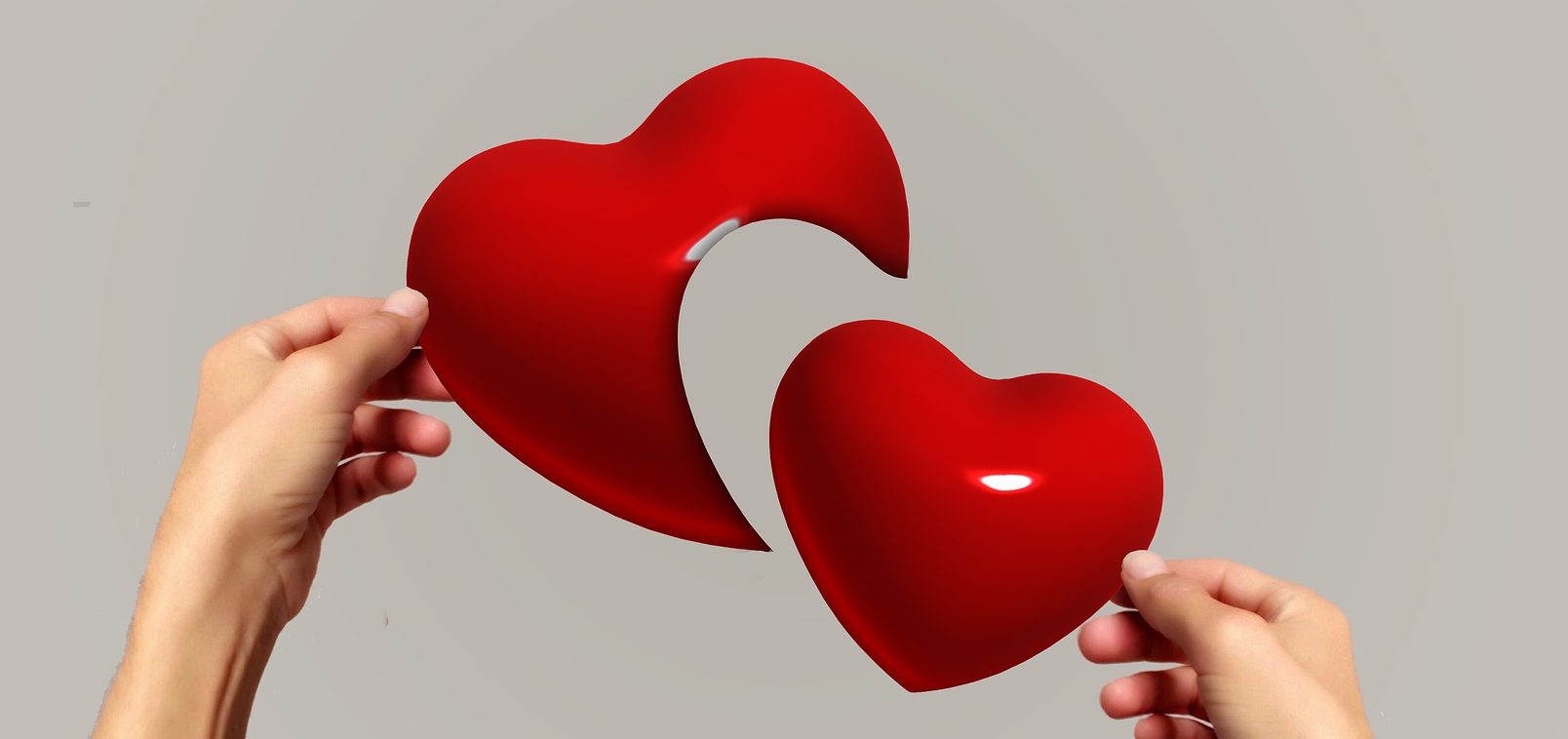
18 Feb Ask the Cardiologist: What is Broken Heart Syndrome?
7 Most Common Questions Answered by Dr. Leonard Pianko
The incidence of Broken Heart Syndrome is on the rise, particularly in women over the age of 50. Could it be related to menopause, general life stress hormones, or can we blame it on the stress of the pandemic?
Here are the answers to some of your questions.
1.What is Broken Heart Syndrome?
Broken heart syndrome is an actual medical condition – takotsubo cardiomyopathy. It was first diagnosed in Japan. “Takotsubo” is the Japanese word for an octopus trap, which is the configuration the heart takes when broken heart syndrome strikes.
Until more studies are done, we won’t know the exact cause of broken heart syndrome, although a surge of stress hormones, such as adrenaline, is commonly thought to be an underlying cause. Broken heart syndrome seems to affect women more than men – in particular, women over the age of 50 – but more research is needed to confirm that as well.
The condition is often called “broken heart syndrome” because it’s typically brought on by a very emotionally stressful situation – such as a difficult break-up or the death of a loved one. The condition mimics an actual heart attack, and can easily be mistaken for one. Patients experience all the symptoms – sudden chest pain, shortness of breath, weakened heart muscles, and a temporary disruption of the heart’s normal pumping action.
2. How can emotional pain lead to physical pain centered in the heart?
There is an adrenal gland on top of your kidney. Our adrenal glands produce hormones and neurotransmitters in response to stress. One of the hormones is epinephrine. There is a basic mechanism in the body called “fight or flight”. The adrenal gland produces epinephrine to allow you to fight.
Emotional pain leads to hyper-secretion of epinephrine which increases the metabolic demands of the body. The heart is regulated by supply and demand. Supply to the heart comes from the three arteries that are fixed. But if the demand goes up, and the heart has to work harder, then you have a supply-demand mismatch, which can lead to a heart attack based on emotional stress.
Emotional stress is real. But with a true heart attack, you will see narrowed arteries and a blood clot, but with a broken heart, you will see normal arteries.
3. How long can it take for stress-induced chest pain to go away?
A condition that usually reverses itself in a matter of weeks, takotsubo cardiomyopathy is generally treated with the same medications as an actual heart attack, with psychotherapy usually recommended as well to help alleviate stress. While less dangerous than a heart attack, broken heart syndrome can be life-threatening for some patients because it may involve severe weakening of the heart muscles.
4. What are the symptoms of a heart attack?
Heart attacks can manifest differently in males than females, but the traditional symptoms include chest pain, shortness of breath, nausea, vomiting or indigestion, and pain in one or both arms or in your jaw, neck, or back.
5. What are the signs that someone should be going to the emergency room instead of doing their usual heartbreak routines?
If you experience any chest pain – especially long-lasting or persistent pain – shortness of breath or a rapid, irregular heartbeat, don’t assume it might be broken heart. Call 9-1-1 right away.
If it is takotsubo cardiomyopathy, have it treated…then get back to following a routine of healthy eating, exercise, and regular check-ups with your cardiologist.
6. What are things beyond a broken heart that might bring on broken heart syndrome?
Physical stressors such as domestic violence, a fierce argument, car accidents, financial loss, receiving bad news, or even a sudden drop in blood pressure can bring on broken heart syndrome.
7. Are more women diagnosed with broken heart syndrome than men?
More than 90% of reported cases are in women ages 58 to 75.
The bottom line – men are from Mars and women are from Venus.
Men and women definitely have different chromosomes, DNA, and hormones which could be factors.
Until more studies are done, we won’t know the exact cause of broken heart syndrome, although a surge of stress hormones is commonly thought to be an underlying cause. Alternatively, it may be the way women respond to stress.
The takeaway message is knowledge is power. Know your body and tune in to how you are feeling, both mentally and physically. While we cannot always avoid stress in life, it is important to explore ways to deal with stress such as mindfulness, medication, and social activities. Staying hydrated, avoiding alcohol, and getting enough sleep can also be helpful.
As always, do not hesitate to make an appointment with a mental health professional for therapeutic intervention or call 911 if you are experiencing symptoms of a heart attack, or feeling suicidal.
